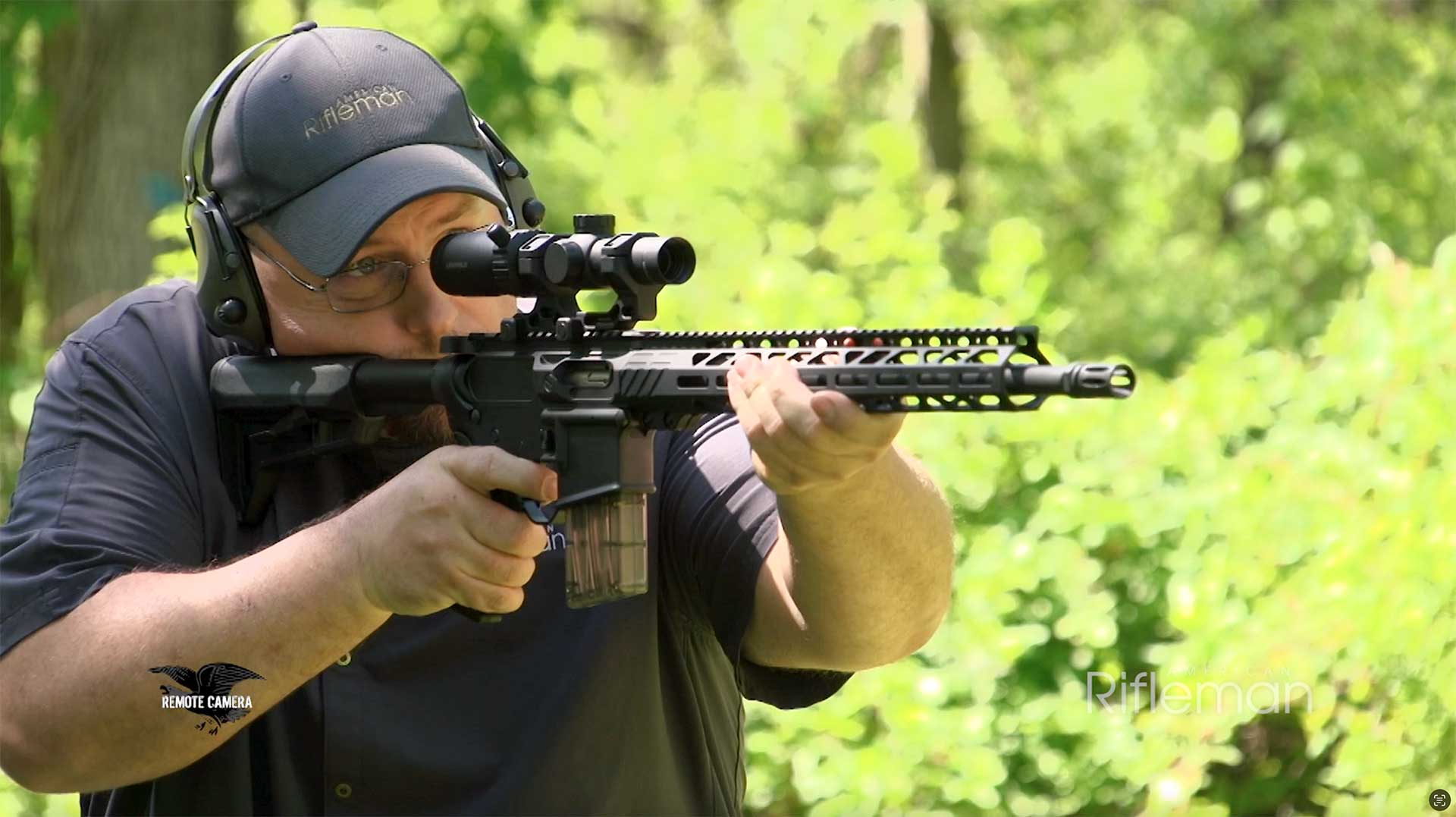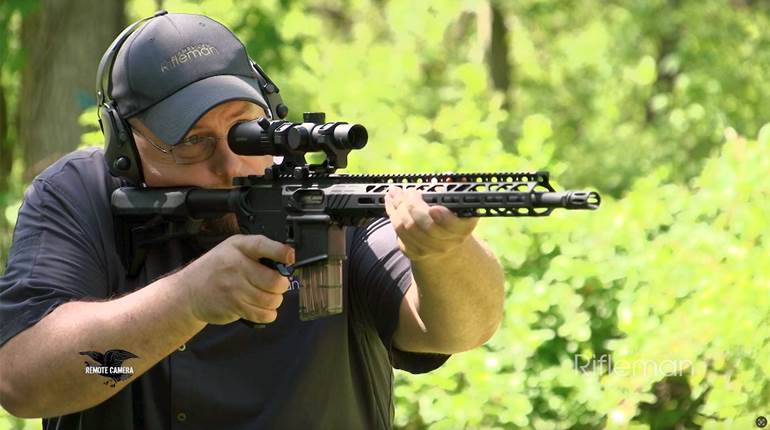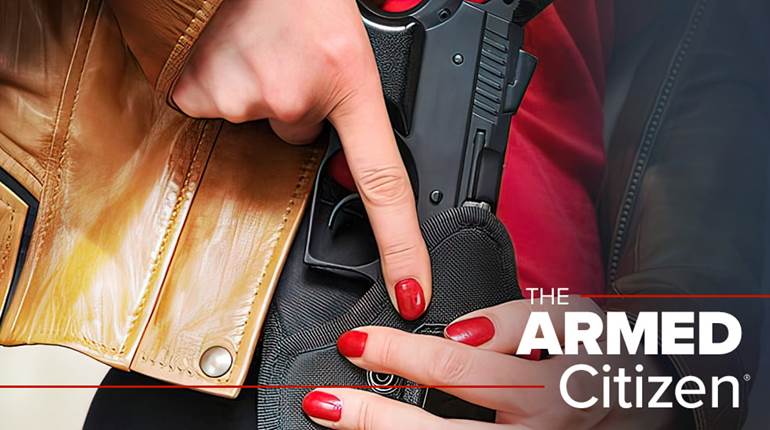
In a unanimous decision, the U.S. Supreme Court ruled in favor of the National Rifle Association in the First Amendment case NRA v. Vullo. This is a 9-0 rebuke of New York’s “blacklisting campaign” against the NRA and is a big step toward making the state pay for its attempt to financially destroy this association.
Specifically, this decision remands the NRA’s case to the lower court; it thereby revives the NRA’s claims that now-former head of New York State Department of Financial Services (DFS), Maria T. Vullo, at the behest of former New York Gov. Andrew Cuomo (D), violated the NRA’s First Amendment rights when she coerced banks and insurers into cutting ties with the NRA.
The majority decision was written by Justice Sonia Sotomayor, who was nominated to the court in 2009 by former President Barack Obama (D). In the decision, the Supreme Court held that the “NRA plausibly alleged that Vullo violated the First Amendment by coercing DFS-regulated entities to terminate their business relationships with the NRA in order to punish or suppress the NRA’s advocacy.”
The high court thus ruled that the “judgment of the U.S. Court of Appeals for the Second Circuit is vacated, and the case remanded for further proceedings consistent with this opinion.”
This overrules the Second Circuit dismissal of this case and allows the NRA to continue to argue this critical case against the state of New York.
“What is right still matters,” said Doug Hamlin, executive vice president of the NRA. “That this decision is unanimous shows that all the justices on the Supreme Court understand that government agencies can’t be permitted to be weaponized against the American people. By fighting this First Amendment battle, the NRA has helped save more than just the Second Amendment. All Americans, whatever their politics, should be thanking the NRA for fighting for our critical, constitutionally protected rights.”
This Supreme Court decision explains that “Vullo was free to criticize the NRA and pursue the conceded violations of New York insurance law. She could not wield her power, however, to threaten enforcement actions against DFS-regulated entities in order to punish or suppress the NRA’s gun-promotion advocacy. Because the complaint plausibly alleges that Vullo did just that, the Court holds that the NRA stated a First Amendment violation.”
In this critical case, the NRA has been arguing that Vullo, at the behest of former New York Gov. Andrew Cuomo (D), used the regulatory power of the DFS to financially blacklist the NRA by coercing banks and insurers into avoiding ties with the NRA in order to suppress pro-Second Amendment speech. Just imagine what could happen to associations such as the NRA if government officials were permitted to use their power to punish them for political reasons with no accountability—no recourse for individuals, associations or corporations that are politically targeted by government officials. Such abuses of power—regardless of whatever group, association or individuals were targeted—would quickly turn America against itself as officials of different political persuasions used their offices to imperil their political adversaries.
This is just what Vullo did in 2018. In her official capacity as a regulator of financial firms, she issued threatening letters advising insurers to “continue evaluating and managing their risks, including reputational risks, that may arise from their dealings with the NRA or similar gun promotion organizations” and to manage “these risks and promote public health and safety.” This was a clear threat to the financial interests of those targeted (a lot of major U.S. banking, finance, insurance and other firms are still located in the state of New York). To make this clear, this threat brings to mind the old line commonly attributed to the New York mafia: “Nice business you have there. Shame if something happened to it.”
The NRA’s insurers understood Vullo’s intent and quickly terminated contracts with the NRA. Vullo, in an attempt to defend her actions, argued in court that she was merely expressing her opinions. But, as Justice Sotomayor said in the ruling, “while a government official can share her views freely and criticize particular beliefs in the hopes of persuading others, she may not use the power of her office to punish or suppress disfavored expression.”
ACLU National Legal Director David Cole argued for the NRA before the Supreme Court last March that Vullo and other New York officials abused their authority in violation of the First Amendment. Cole told the justices: “There’s no question on this record that [New York state officials] encouraged people to punish the NRA.” Cole also said, “It was a campaign by the state’s highest political officials to use their power to coerce a boycott of a political advocacy organization because they disagreed with its advocacy.”
In this Supreme Court case, the U.S. Dept. of Justice also sided with the NRA, as Assistant to the Solicitor General Ephraim McDowell argued that the court should find that New York officials violated the NRA’s First Amendment rights.
Indeed, 22 amicus briefs representing more than 190 individuals and organizations were filed in support of the NRA’s position, including a filing by several of the nation’s foremost First Amendment scholars. The amicus briefs also included a joint filing by dozens of congressional Republicans and filings by 25 state attorneys general. The support for the NRA’s position clearly came from across the political spectrum.
Now that the Supreme Court has unanimously sided with the NRA’s claim that the state of New York did, indeed, attack the NRA’s First Amendment rights, this case will continue, with the NRA seeking monetary damages from the state of New York.






































